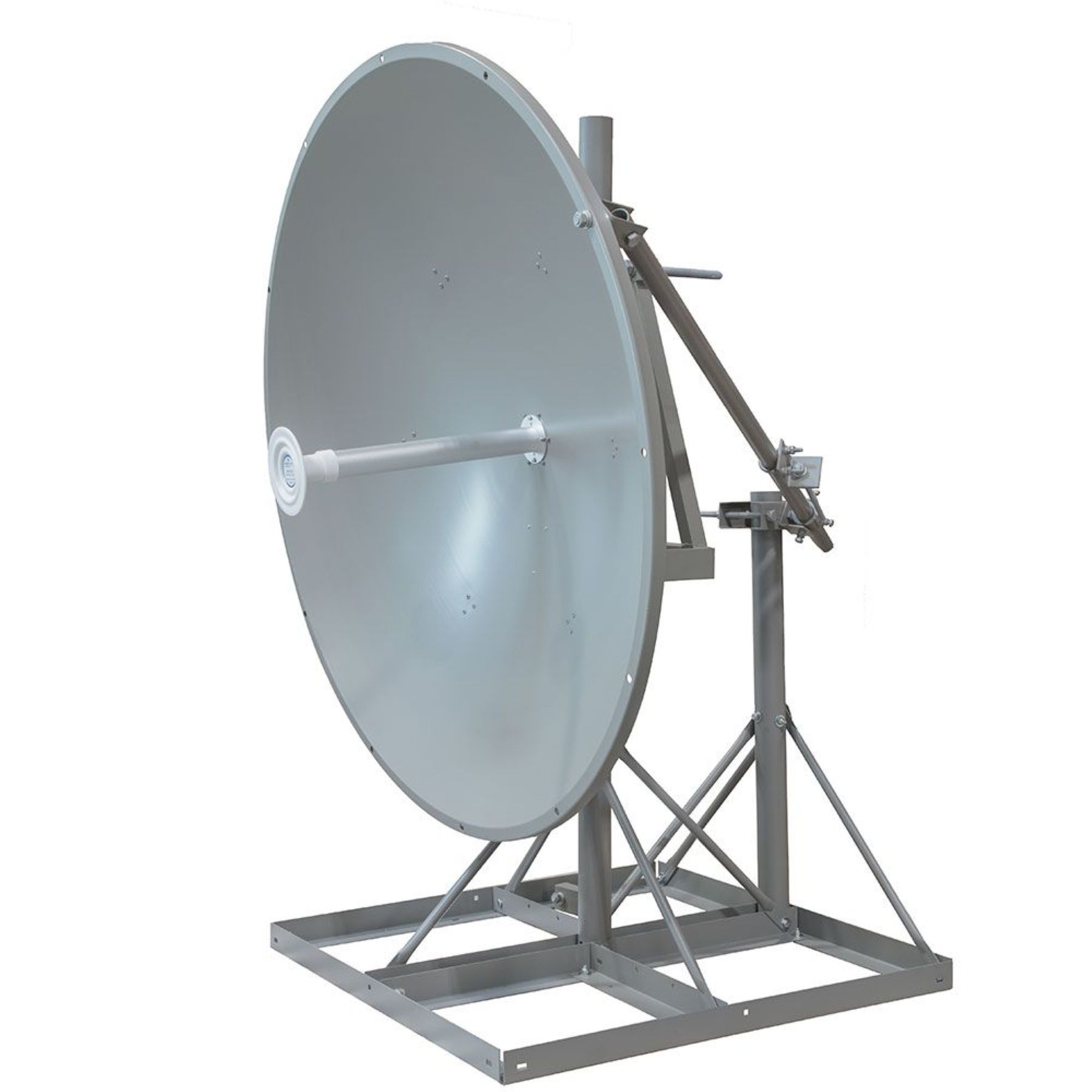Swedish mobile accessories brands Copter and Wilma re-launched at IFA 2019

The Wilma cases are made from a 100% bio-degradable material
”– Copter have been a leader within screen protection since 2009 and protecting mobile screens has been our main focus for the last 10 years. In order to help our partners and retailers to better serve consumers with great screen protection, we are now introducing a new Glass Applicator Machine at IFA that is developed in Sweden”, says the founder and CEO Peter Körner.
Wilma has also been rebranded and reintroduced to the market as an Eco Fashion case brand.
”– The Wilma range is made from a 100% bio-degradable material and the packaging is made from recycled paper and completely free of plastics. We hope to contribute to an increased awareness of sustainability within our industry, and we have recently signed agreements to supply a number of leading retailers and operators both in the Nordics and in Europe”, says the Commercial Director Pärlan Fritz.
Both brands have products ready for the new iPhone.
COPTER FACTS
The Copter range includes Film, Glass and Privacy Glass.
The Original film is a durable and strong film that was first adopted from the military grade film that cover rotor-blades to prevent them from damage in harsh conditions. The film is processed and cut at the companies’ own factory in Kumla, Sweden. The Copter Exoglass is an ion-strengthened glass with scratch and anti-shatter protection. The privacy model integrates a privacy filter that helps to keep sensitive information confidential. The Copter Packaging is made with FSC-certified paper and the is manufactured near the factory in Sweden. By shipping glass in bulk from Asia and packing it locally in Sweden, the company says it reduces shipping volumes by around 90% compared to competitors shipping packaged products from Asia back to Europe.
WILMA FACTS
Wilma’s new mobile phone cases are produced with 60% PBAT and 40% PLA. Both PLA and PBAT are bio-degradable through industrial composting according to EU-standard EN 13432. PLA (Polylactic Acid) is a thermoplastic aliphatic polyester derived from renewable biomass, typically from fermented plant starch such as corn, cassava, sugarcane or sugar beet pulp. PBAT (Polybutylene Adipate Terephthalate) is a biodegradable random copolymer. PBAT can be made from both fossil and bio-based sources, and is fully biodegradable (EN 13432). The packaging is manufactured from





